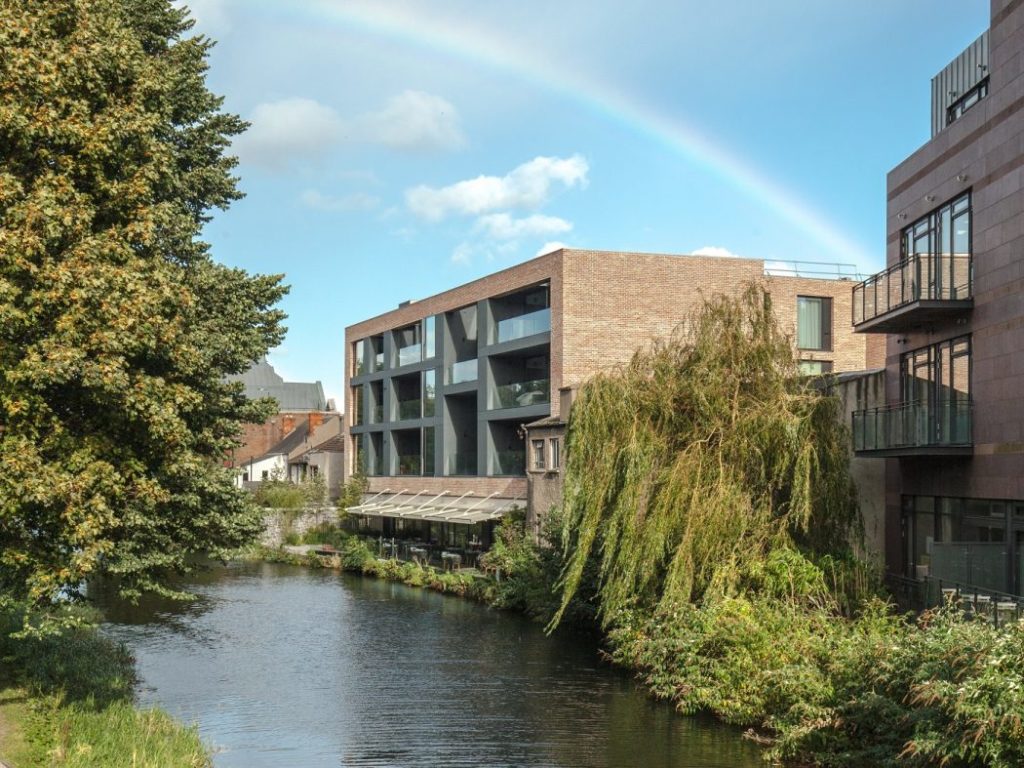For many years now most of our sellers are landlords and most of our buyers are owner occupiers. Five years ago, half of our buyers were investors, today it’s one in four. Landlords are selling because of high taxes (most pay over 50pc tax on rental income), increasing regulation and negative returns with rent control at 2pc p.a. when inflation is running at 8pc. Many are also concerned that a future government will bring in further measures such as a rent freeze and complete security of tenure for tenants where no landlord can get vacant possession on their property- for any reason whatsoever.
In the coming months we will see an increase in the supply of properties for sale as landlords who issued termination of tenancy notices last Autumn will get vacant possession on their rental property in order to sell them. Around one in ten properties in our management portfolio will be sold.
The main reason our landlord clients are now selling is that the rent they can charge on their property is in many cases between 20pc and 50pc below the market rent. Rent Pressure Zone (RPZ) regulations were introduced in 2016. Overnight, landlords who had not increased rents in years were caught out. Initially a landlord could increase the rent 4pc p.a. This was then changed to a maximum of 2pc p.a. It is often forgotten that RPZ rent control regulations apply to the property not the tenancy. So, if a landlord buys a ‘rent controlled property’ they can only seek the same rent as the previous landlord. Quite simply this means most of these properties, if not all, will not be bought by other landlords. The crisis in the rental sector will deepen as more rental properties are bought by owner occupiers. Good news for buyers, bad news for renters. The Irish Property Owner’s Association recently surveyed their members and 78pc said they would reverse their decision to leave if there was a meaningful reduction in tax.
The much-maligned build to rent sector should have been the solution. Many of these investment funds provide long term, high quality rental accommodation all over Europe. If we wanted rents to stop rising or to fall, we needed to build thousands of these apartments. Incredibly in late 2022 a spokesperson for Minister for Housing Darragh O’Brien TD was quoted on the upcoming revisions on the Build to Rent (BTR) building standards as “he intends to bring an end to BTR which was effectively established as a separate class of development for planning purposes under the 2018 apartment guidelines.” This change in policy and design regulations combined with rising interest rates and construction costs is coming at the worst possible moment. Many planned developments are now unviable, meaning construction will not start anytime soon. The elements of the system to deliver new homes – planning, finance and infrastructure- are broken.
For six years we have been using the word ‘crisis’. This is a full-blown emergency. And it could have been avoided. In 2017 I released a report that detailed how enough office space for 28,000 workers was under development in Dublin’s Docklands, while homes for only 6,500 people were expected to be delivered. That means that for every person living in the area, more than 4 would have to commute in to work. At the time I recommended the densities and building heights in the Docklands be increased. This did not happen. There are many other examples elsewhere in Dublin where we have built a lot of commercial space but not enough residential space.
For 30 years the State has relied on private landlords to provide rental accommodation of all tenures including private and social. Landlords now feel they are being blamed for the state’s complete lack of investment in the housing sector. The discourse on social media demonises landlords and pits them against tenants. But in the recovery – between 2013 and 2018- there weren’t enough houses or apartments built leaving a shortfall of 250,000 homes. The market is now so dysfunctional that neither landlords nor tenants are happy. I just hope we are not still talking about the same issues in five years’ time.




